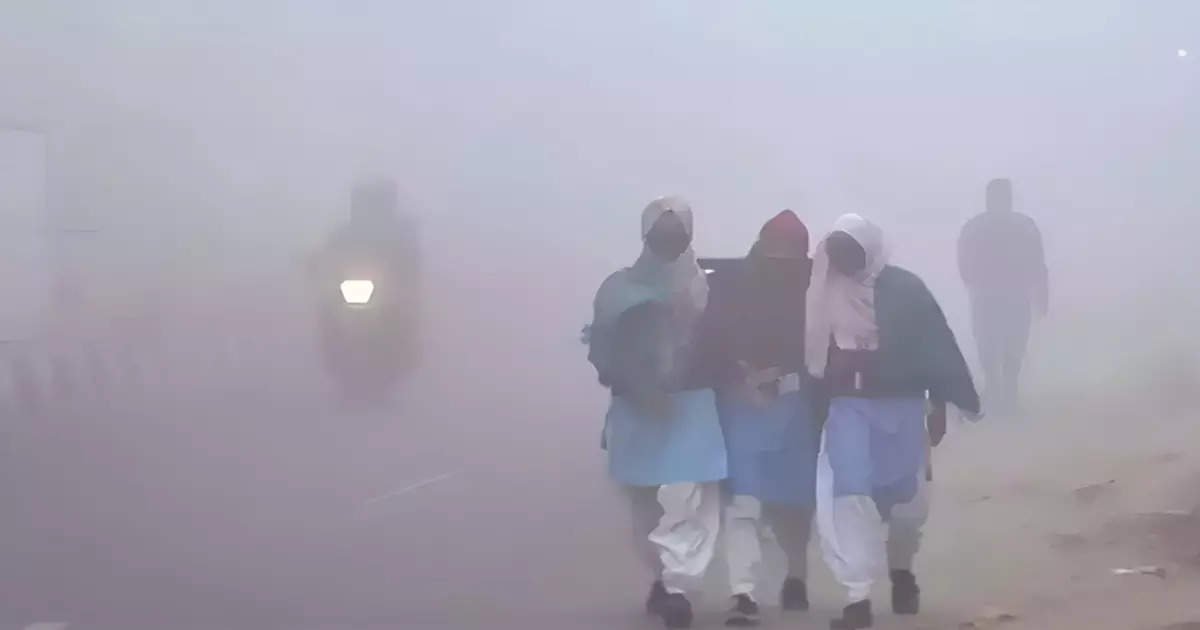
IN his message during the second anniversary of the war in Ukraine last week, President Volodymyr Zelenskyy said his country has been going through "730 days of pain. But at the same time, 730 days of hope."
"Remembering what Ukrainians have already done, you know that we can definitely do it. We are capable. We will succeed," Zelenskyy exhorted his countrymen.
In his anniversary message a year ago, Zelenskyy bravely predicted that "2023 will be the year of our victory." He had reason to be optimistic; a Ukrainian counteroffensive was regaining territory seized by Russian troops during the initial stage of the invasion. Military aid was pouring from Kyiv's Western allies.
The optimism was short-lived. Moscow is once again on the attack, and early this month, its troops captured a key town in eastern Ukraine.
Hardly a day passes that Russian missiles and drone strikes hit Ukrainian villages and cities. And the Ukrainian army is hamstrung by a shortage of weapons and recruits.
NATO Secretary General Jens Stoltenberg describes the battlefield situation in Ukraine as "extremely serious." The country's foreign minister said it would not have been so if only its allies delivered the military support they promised.
The flow of military aid to Ukraine has slowed down as other conflicts, like the war in Gaza, grab the attention of the United States and other Western benefactors.
Stoltenberg has assured Kyiv that NATO has its back. "Just in the past days and weeks, NATO allies have announced new packages of aid worth billions of dollars," the general said.
He promised "key capabilities like artillery ammunition, air defense and combat boats. As well as F16 equipment and spare parts, drones and spare parts, drones and de-mining equipment."
The leaders of the G7 also pledged to stand by Ukraine "for as long as it takes."
Wavering Western support
The downside is that the US Congress apparently has lost interest in further shoring up Kyiv. A $61-billion aid package promised by US President Joe Biden has been iced and is unlikely to be approved before the US elections in November.
Other NATO members are also beginning to ponder if they could still support Ukraine in a protracted war.
The wavering of Western support only reinforces the belief of Vladimir Putin that Russia's "special military operation" will eventually bring Ukraine to its knees.
Putin has another reason to be confident. The West-imposed economic sanctions on Russian wheat, oil and natural gas are riddled with loopholes, allowing Moscow to continue trading with nations like India and China. The sales, in fact, have boosted Russia's economy, enabling it to replenish its weapons stockpile.
The rest of the world is still reeling from the effects of the Ukraine war. Trade routes have been disrupted, triggering a spike in commodity prices. By one estimate, the conflict "potentially contributed nearly 1.8 percentage points to global inflation in 2022 and roughly 0.9 percentage points in 2023."
The Philippines has not escaped the fallout from the Ukraine conflict. Fuel prices have soared as shipping costs rise.
As early as 2022, then Finance Secretary Carlos Dominguez 3rd wrongly predicted that the Ukraine war would end quickly. But he also proposed a raft of measures to cushion its impact on four major channels: the commodities market, the financial market, investments, and the country's fiscal health.
Among Dominguez's recommendations are to increase fuel subsidies to the public transport sector and farm producers, expand the oil buffer stock, continue the promotional fuel discount given by oil companies, and promote energy conservation.
But what the Philippines must focus on is to project a stronger voice in calling for the resumption of negotiations to end the war in Ukraine.
The Philippines has consistently supported resolutions in the United Nations condemning Russia's invasion of Ukraine, and President Ferdinand Marcos Jr. has described the conflict as "anachronistic in the modern world."
Close to 10,000 civilians have been killed since the invasion began, 6 million Ukrainians have fled their country, and another 8 million have become refugees in their homeland.
It is time to end Ukraine's "days of pain."
Read The Rest at :





